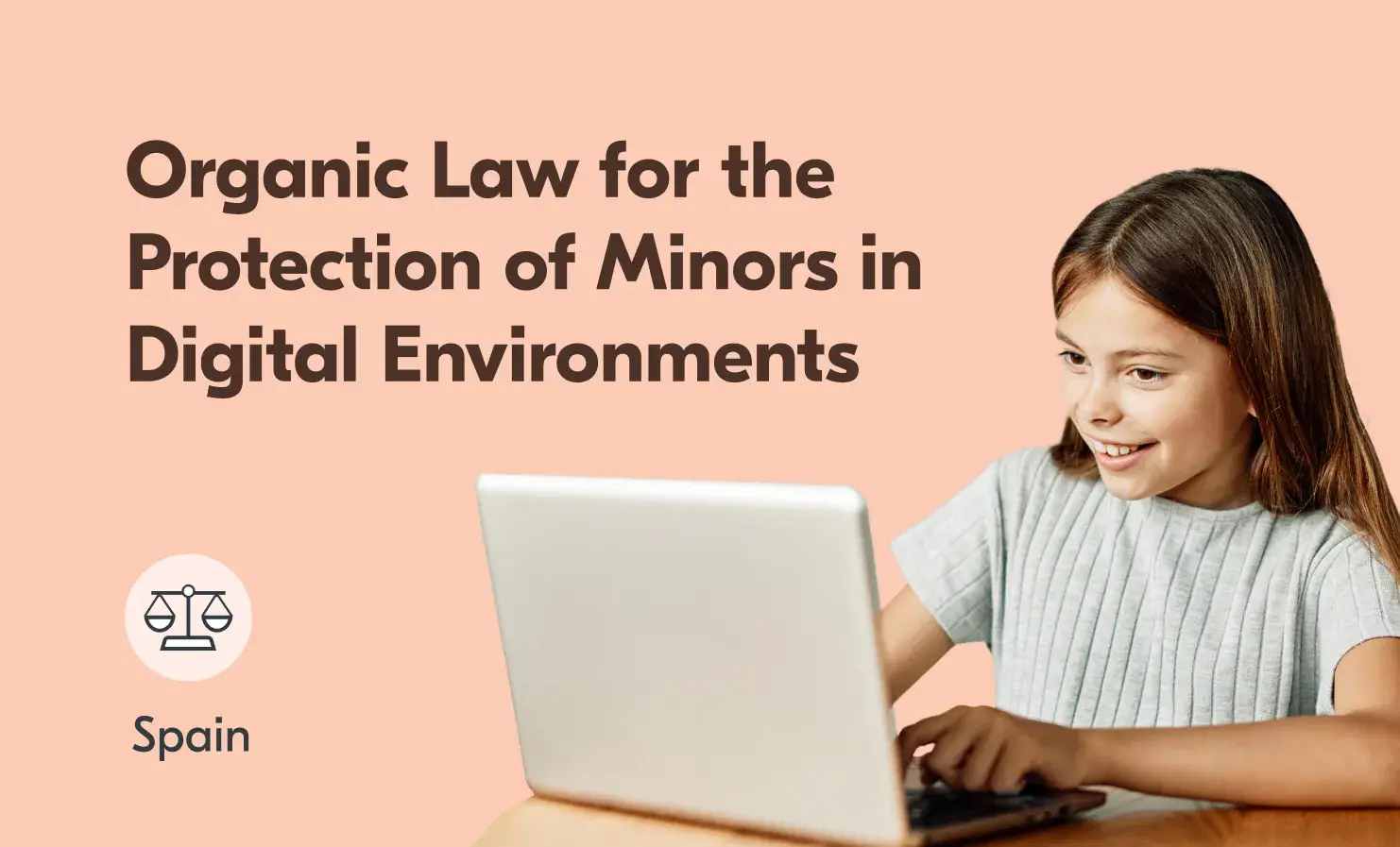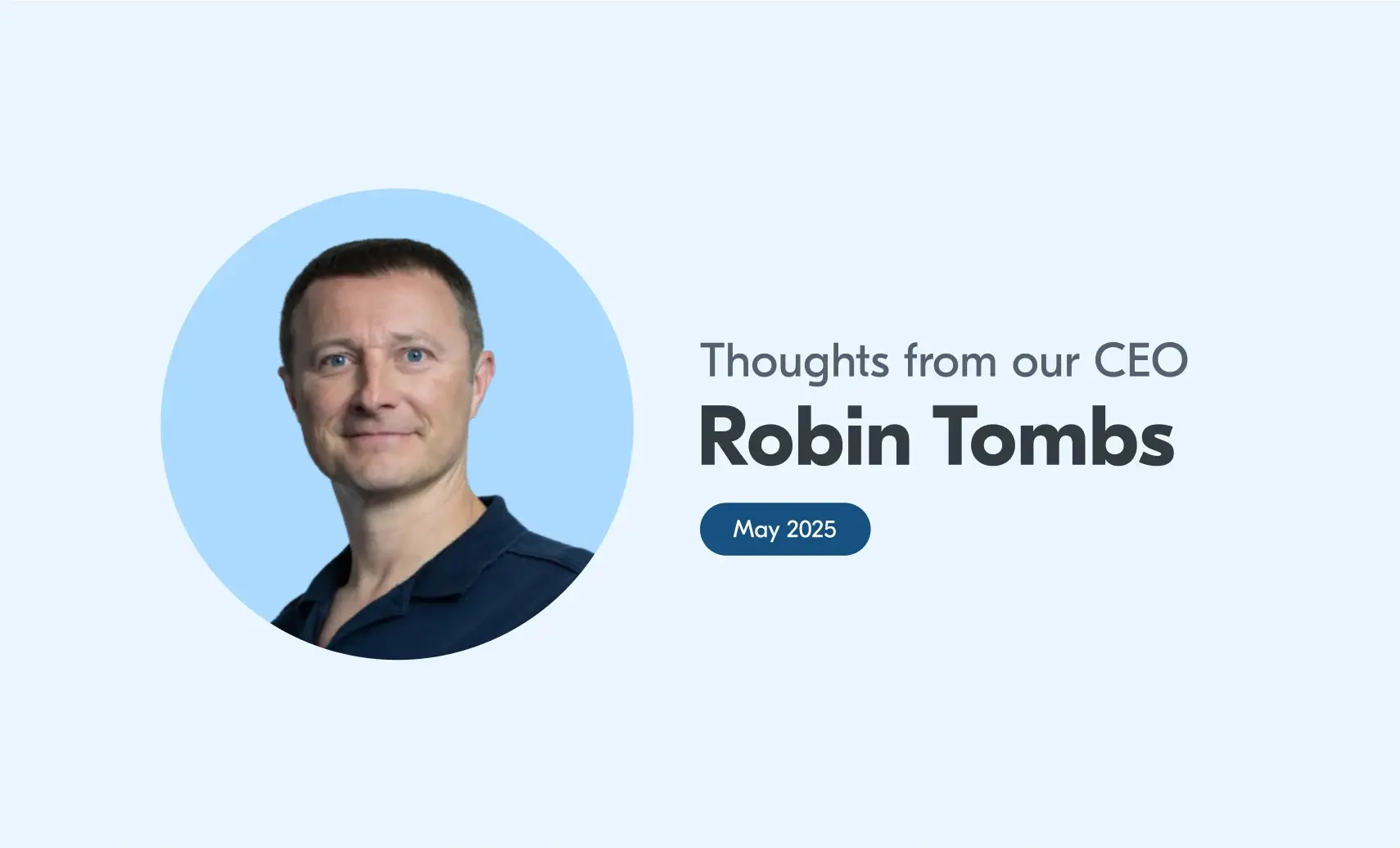Understanding age assurance in Spain's new online safety law
As digital technology continues to shape how people interact, communicate and consume content, protecting children online has become an increasingly urgent issue. Recognising this, the Spanish government has proposed the Organic Law for the Protection of Minors in Digital Environments. The law is now in its final stages of approval. While comparable initiatives such as the UK’s Online Safety Act and California’s Age-Appropriate Design Code exist in other jurisdictions, the Spanish law stands out for its broad scope and emphasis on enforceable age assurance, platform accountability and digital literacy. Its comprehensive framework places it among the leading examples of
Thoughts from our CEO
In this blog series, our CEO Robin Tombs will be sharing his experience, whilst focusing on major themes, news and issues in the world of identity verification and age assurance. This month, Robin chats about the UK’s supermarket trials, the growing momentum behind digital ID and developments in online safety regulations. Facial age estimation and Digital ID supermarket trials Many Yoti followers will know we developed effective facial age estimation at the end of 2018 – over 6 years ago. After several UK supermarkets pleaded for the Home Office to trial the technology at self-checkouts, trials were completed
Protecting your business and customers from account takeover
In today’s digital world, we have dozens of online accounts. These range from online banking to social media, dating apps to gaming platforms. Though convenient, this opens the door to the rapidly growing threat of account takeover fraud. Account takeover fraud is surging, with global losses expected to hit $17 billion by the end of 2025. The number of account takeover attacks is rising sharply too, increasing by 24% year-over-year in 2024. This blog walks you through what account takeover is, how it happens and what you can do to prevent it. What is account takeover? At its
Effective ways to improve your AML compliance
Managing financial crime presents a complex challenge for financial institutions. Due to its covert nature, the full scope of money laundering is difficult to truly know. The United Nations Office on Drugs and Crime (UNODC) estimates that between 2-5% of global GDP (up to $2 trillion in US dollars) is laundered every year. As financial crime becomes more sophisticated and regulations grow tighter, businesses must prioritise robust anti money laundering (AML) measures. Industries like banking, fintech and financial services need strong AML processes to protect themselves from fraud, penalties and legal risks. We explore how your business can strengthen
What is identity verification?
As we spend more of our lives online, protecting our personal data has never been more important. Identity verification helps businesses check their customers’ identities whilst allowing people to navigate online services with confidence. Understanding identity verification is essential. We break down what identity verification is, why it matters and how it works. We also discuss the different methods used for verifying identity and the benefits of secure identity checks. Why do we need identity verification? Identity verification helps protect both individuals and businesses from things like identity theft, fraud and other malicious activities. It’s especially important in
Complying with Ofcom’s Protection of Children Codes: what you need to know about age assurance
With children’s online engagement at an all-time high, the UK government passed the Online Safety Act in 2023, aiming to make the UK ‘the safest place in the world to be online’. It places legal obligations on online services to prioritise user safety, particularly for children. As the UK’s communications regulator, Ofcom plays a pivotal role in enforcing the Act’s provisions. As part of phase two of the Act’s implementation, Ofcom published its Protection of Children Codes of Practice on 24th April 2025. Made up of over 40 practical measures, they outline how digital platforms must safeguard younger users






